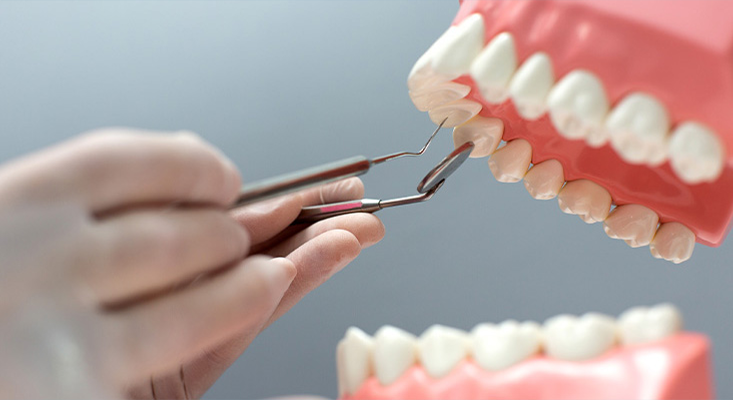
Tooth extraction is one of the most common yet often misunderstood dental procedures. While many patients associate extractions with routine dental care, there are significant differences between a simple (non-surgical) extraction and a surgical tooth extraction. Understanding these differences is crucial for patients to feel confident and well-informed about their treatment choices. At LHC Clinic, we ensure our patients are educated about every step of their dental journey, including when an extraction is necessary, what type is required, and how to prepare for a smooth recovery. Simple or non-surgical tooth extraction is performed when the tooth is fully visible and accessible in the mouth. Recovery: Surgical extraction is more complex and involves the removal of teeth that are not easily accessible. Indications for Surgical Extraction: The Procedure: Recovery: At LHC Clinic, your dentist will perform a detailed clinical examination supported by digital X-rays or 3D CBCT scans if necessary. This ensures accurate planning of the extraction type and minimizes risks. Tooth extractions, especially surgical ones, require expertise to prevent complications such as: LHC Clinic combines advanced imaging, experienced dental surgeons, and a patient-centered approach to making extractions as comfortable and safe as possible. Q: Will I feel pain during the extraction? Q: How long does it take to heal? Q: Can I replace the extracted tooth? Whether you require a simple tooth extraction or a more involved surgical procedure, being well-informed is the first step toward a positive dental experience. At LHC Clinic, our goal is to make your treatment safe, comfortable, and stress-free by providing personalized care and clear communication throughout the process.🦷 Before Treatment: Understanding Tooth Extraction
✅ What is a Simple Tooth Extraction?
🛠️ What is a Surgical Tooth Extraction?
🔎 How to Know Which Extraction You Need?
🏥 Importance of Choosing an Experienced Clinic
❓ Frequently Asked Patient Questions
A: No. Local anesthesia ensures the area is completely numb. You might feel pressure but no sharp pain.
A: Simple extractions heal in about 7–10 days, while surgical extractions may require 2–3 weeks for complete healing.
A: Yes, replacement options include dental implants, bridges, or removable dentures. It's important to discuss this with your dentist to avoid long-term dental issues.
-
 Countries Sending Dental Tourists to Turkey the Most in 2025
Countries Sending Dental Tourists to Turkey the Most in 2025<!-- Premium Section: Turkey as a Top Dental Tourism Destination --> <section... Click for details
-
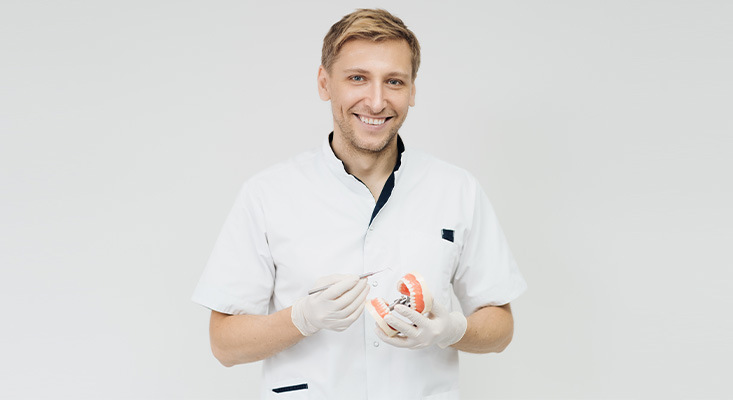 Why Turkey Has Become a Top Destination for Dental Treatments
Why Turkey Has Become a Top Destination for Dental Treatments<style> .premium-section { font-family: 'Inter', sans-serif; background:... Click for details
-
 Smile Makeover in Turkey: What to Expect at LHC Clinic
Smile Makeover in Turkey: What to Expect at LHC Clinic<style> .premium-section { font-family: 'Inter', sans-serif; background:... Click for details
-
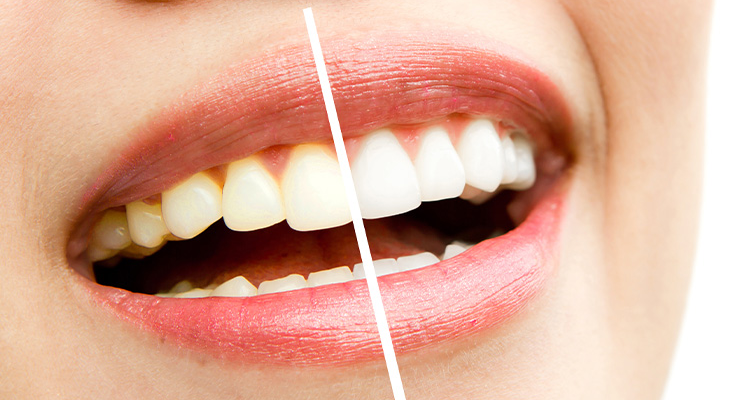 Teeth Whitening: Safe, Effective, and Long-Lasting Solutions at LHC Clinic
Teeth Whitening: Safe, Effective, and Long-Lasting Solutions at LHC Clinic<style> .premium-section { font-family: 'Inter', sans-serif; background:... Click for details
-
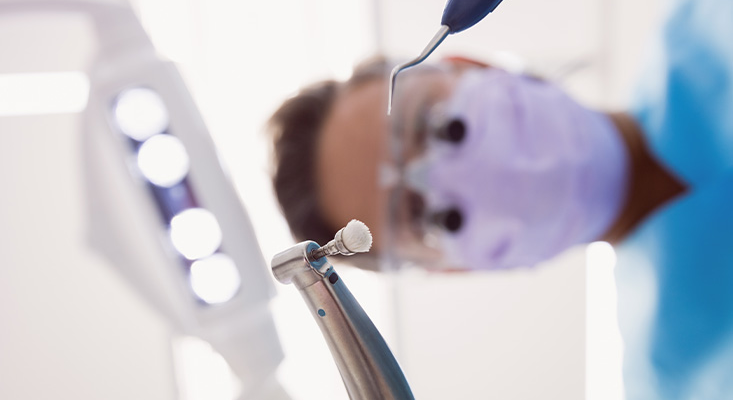 Dental Curettage: How It Saves Your Gums from Periodontal Disease
Dental Curettage: How It Saves Your Gums from Periodontal Disease<style> .premium-section { font-family: 'Inter', sans-serif; background:... Click for details
-
 Zirconium Crowns (Zirconia): The Future of Natural-Looking, Long-Lasting Dental Restorations
Zirconium Crowns (Zirconia): The Future of Natural-Looking, Long-Lasting Dental Restorations<style> .premium-section { font-family: 'Inter', sans-serif; background:... Click for details
-
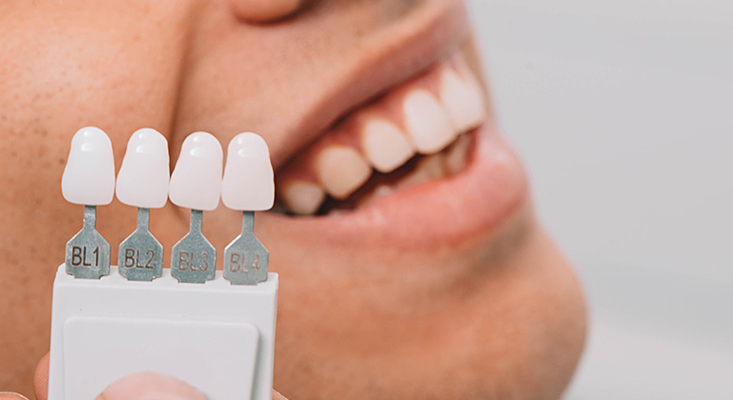 Porcelain Crowns: When Is This Classic Option Still the Best Choice?
Porcelain Crowns: When Is This Classic Option Still the Best Choice?<style> .premium-section { font-family: 'Inter', sans-serif; background:... Click for details
-
 Lamine E-Max Veneer: The Premium Choice for Perfect Smile Makeovers
Lamine E-Max Veneer: The Premium Choice for Perfect Smile Makeovers<style> .premium-section { font-family: 'Inter', sans-serif; background:... Click for details
-
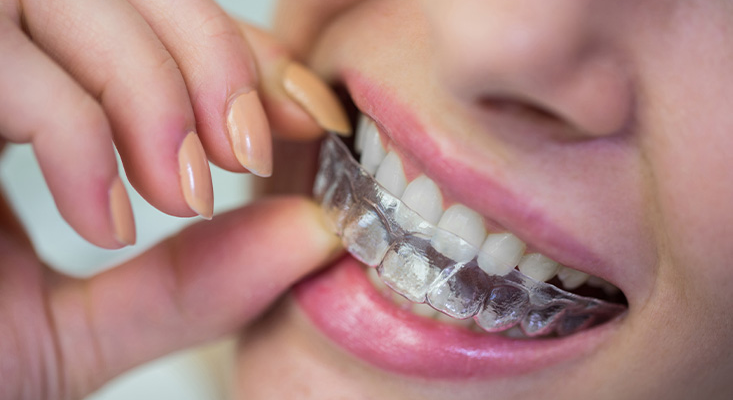 Night Guard (Soft and Hard Types): Protect Your Smile from Unseen Damage
Night Guard (Soft and Hard Types): Protect Your Smile from Unseen Damage<section class="premium-section"> <style> .premium-section { font... Click for details
-
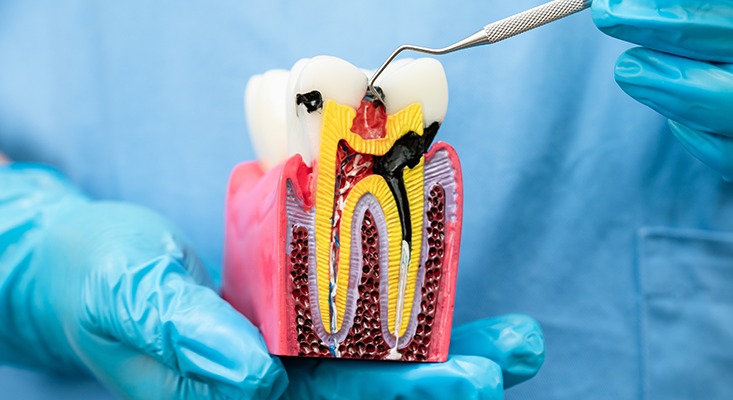 Root Canal for 1 Root, 2 Root, and 3 Root Teeth: What Patients Need to Know
Root Canal for 1 Root, 2 Root, and 3 Root Teeth: What Patients Need to Know<style> .premium-section { font-family: 'Inter', sans-serif; background:... Click for details
